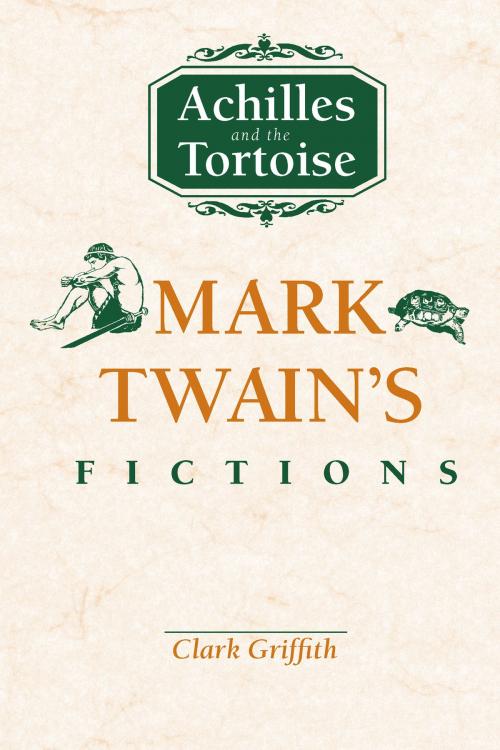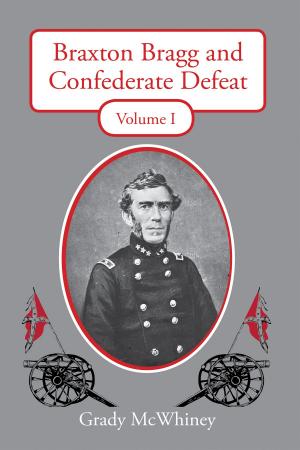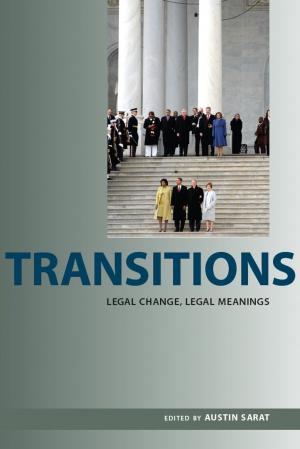Achilles and the Tortoise
Mark Twain's Fictions
Fiction & Literature, Literary Theory & Criticism, American| Author: | Clark Griffith | ISBN: | 9780817385248 |
| Publisher: | University of Alabama Press | Publication: | June 30, 2011 |
| Imprint: | University Alabama Press | Language: | English |
| Author: | Clark Griffith |
| ISBN: | 9780817385248 |
| Publisher: | University of Alabama Press |
| Publication: | June 30, 2011 |
| Imprint: | University Alabama Press |
| Language: | English |
Covering the entire body of Mark Twain's fiction, Clark Griffith in Achilles and the Tortoise answers two questions: How did Mark Twain write? And why is he funny? Griffith defines and demonstrates Mark Twain's poetics and, in doing so, reveals Twain's ability to create and sustain human laughter.
Through a close reading of the fictions–short and long, early and late–Griffith contends that Mark Twain's strength lay not in comedy or in satire or (as the 19th century understood the term) even in the practice of humor. Rather his genius lay in the joke, specifically the "sick joke." For all his finesse and seeming variety, Twain tells the same joke, with its single cast of doomed and damned characters, its single dead-end conclusion, over and over endlessly.
As he attempted to attain the comic resolution and comically transfigured characters he yearned for, Twain forever played, for Griffith, the role of the Achilles of Zeno's Paradox. Like the tortoise that Achilles cannot overtake in Zeno's tale, the richness of comic life forever remained outside Twain's grasp.
The last third of Griffith's study draws parallels between Mark Twain and Herman Melville. Although the two authors never met and seem not to have read each other's works, they labored under the sense of what, in Moby-Dick, Ishmael calls "a vast practical joke . . . at nobody's expense but [one's] own." The laughter occasioned by this cosmic conspiracy shapes the career of Huckleberry Finn fully as much as it does Ishmael's voyage. Out of the laughter are generated the respective obsessions of Captain Ahab and Bartleby, of Pudd'nhead Wilson and Hadleyburg. Reduced at last to a dry mock, the laughter is the prevailing tone of both Billy Budd and The Mysterious Stranger Manuscripts.
Covering the entire body of Mark Twain's fiction, Clark Griffith in Achilles and the Tortoise answers two questions: How did Mark Twain write? And why is he funny? Griffith defines and demonstrates Mark Twain's poetics and, in doing so, reveals Twain's ability to create and sustain human laughter.
Through a close reading of the fictions–short and long, early and late–Griffith contends that Mark Twain's strength lay not in comedy or in satire or (as the 19th century understood the term) even in the practice of humor. Rather his genius lay in the joke, specifically the "sick joke." For all his finesse and seeming variety, Twain tells the same joke, with its single cast of doomed and damned characters, its single dead-end conclusion, over and over endlessly.
As he attempted to attain the comic resolution and comically transfigured characters he yearned for, Twain forever played, for Griffith, the role of the Achilles of Zeno's Paradox. Like the tortoise that Achilles cannot overtake in Zeno's tale, the richness of comic life forever remained outside Twain's grasp.
The last third of Griffith's study draws parallels between Mark Twain and Herman Melville. Although the two authors never met and seem not to have read each other's works, they labored under the sense of what, in Moby-Dick, Ishmael calls "a vast practical joke . . . at nobody's expense but [one's] own." The laughter occasioned by this cosmic conspiracy shapes the career of Huckleberry Finn fully as much as it does Ishmael's voyage. Out of the laughter are generated the respective obsessions of Captain Ahab and Bartleby, of Pudd'nhead Wilson and Hadleyburg. Reduced at last to a dry mock, the laughter is the prevailing tone of both Billy Budd and The Mysterious Stranger Manuscripts.















